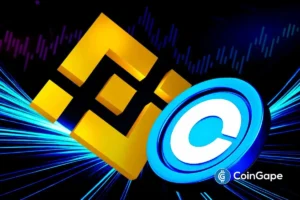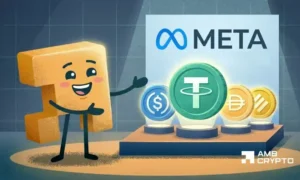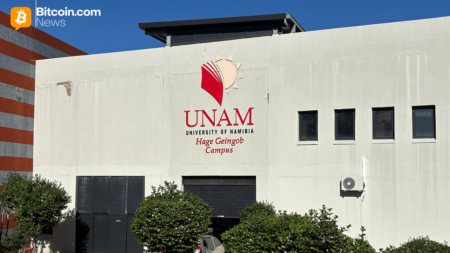Title: Tunisia Embraces Blockchain for Diploma Verification: A Leap Towards Integrity in Education
In a remarkable bid to enhance the authenticity of educational credentials, the Tunisian government has implemented a pioneering blockchain-based diploma verification system across its higher education institutions. This significant move aims to address the rising concerns regarding fake educational documents, which have emerged as a growing threat to the integrity of the public sector and the workforce in Tunisia. By leveraging blockchain technology, the government endeavors to create a secure, transparent, and efficient process for validating academic qualifications, thus reinforcing trust in the education system.
One of the pressing challenges faced by Tunisian authorities has been the prevalence of counterfeit diplomas that undermine the credibility of educational institutions. These fraudulent documents not only negatively impact the job market but also hinder the integrity of public sector recruitment processes. In response to this challenge, the new digital system will enable education officials to verify the authenticity of diplomas seamlessly, ensuring that only qualified individuals are recognized and employed in various fields. This initiative serves as a crucial step toward restoring confidence in educational credentials among employers and the public alike.
The adoption of blockchain technology introduces a revolutionary approach to managing and verifying educational data. With its decentralized and immutable nature, blockchain provides a secure platform for storing academic records. Each diploma will be registered on the blockchain, where stakeholders, including employers and educational institutions, can access the information easily and securely. This transparency not only helps in a swift verification process but also deters potential fraudulent activities. As a result, Tunisia is positioning itself as a leader in educational integrity in the region.
Moreover, the blockchain system aligns with global trends in digitization and innovation in education. Many countries are exploring similar technologies to tackle diploma fraud and enhance transparency in higher education. By adopting this cutting-edge system, Tunisia is not only addressing its internal challenges but also showcasing its commitment to adopting modern solutions that promote accountability and efficiency. This initiative could potentially open doors for international collaborations and investments, reinforcing Tunisia’s reputation as a progressive nation in educational reforms.
Additionally, the blockchain-based verification system is expected to reduce bureaucratic inefficiencies that often plague traditional verification methods. The manual processes of verifying educational credentials can be time-consuming and susceptible to errors. By digitizing this process, the Tunisian government is streamlining operations, resulting in quicker turnaround times for verification requests. This efficiency is particularly beneficial for students and graduates who need to present their credentials promptly for job applications or further studies.
In conclusion, Tunisia’s adoption of a blockchain-based diploma verification system is a transformative step towards ensuring the integrity of its education sector. By addressing the issue of fake educational documents, the government is not only enhancing trust among employers and the public but also promoting a more robust job market. This innovative approach signifies a commitment to leveraging technology for proactive governance and underscores Tunisia’s position as a forward-thinking nation ready to meet the challenges of the modern world. As this initiative rolls out, it will be essential to monitor its impact on educational integrity and its potential to inspire similar reforms in neighboring countries.
















